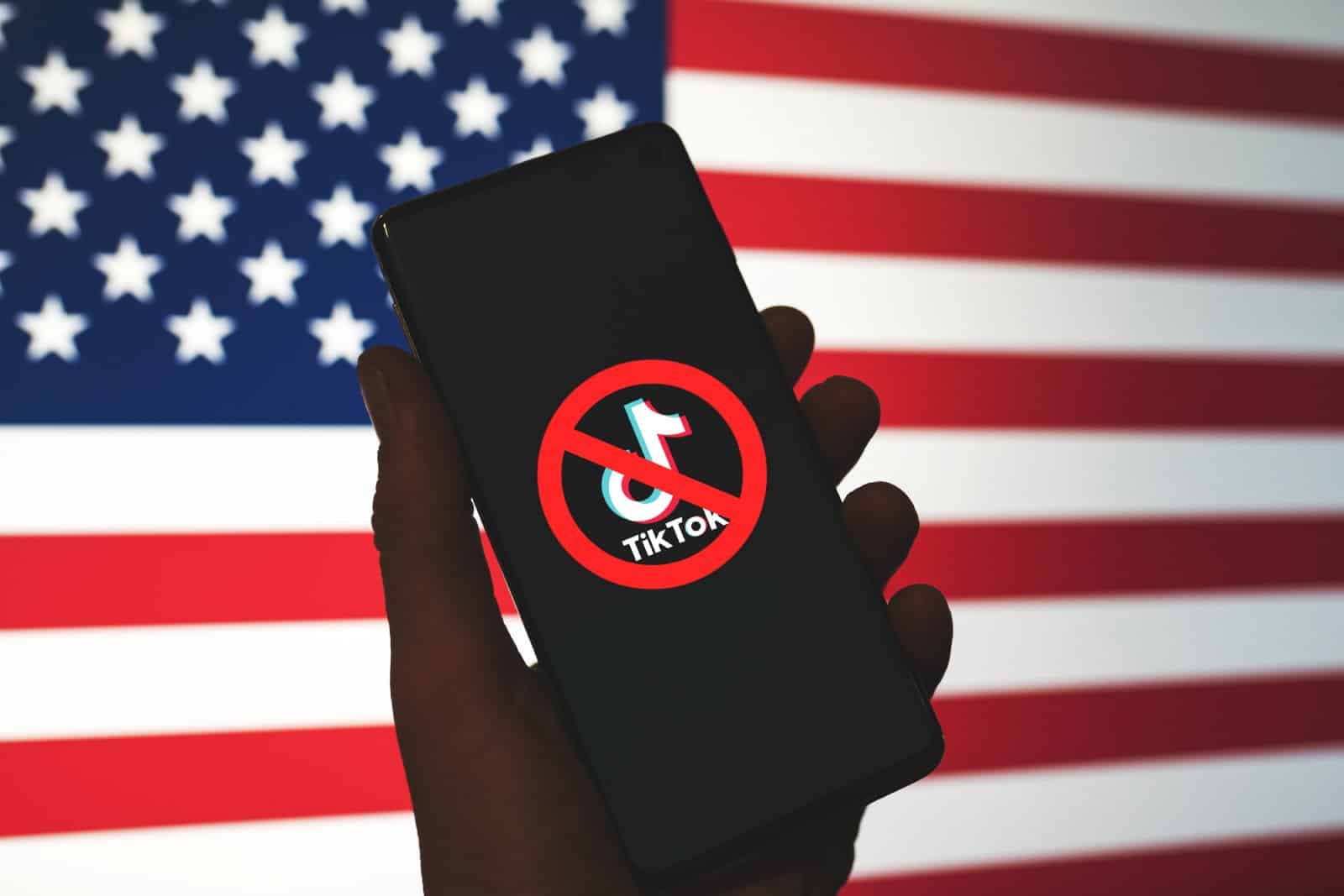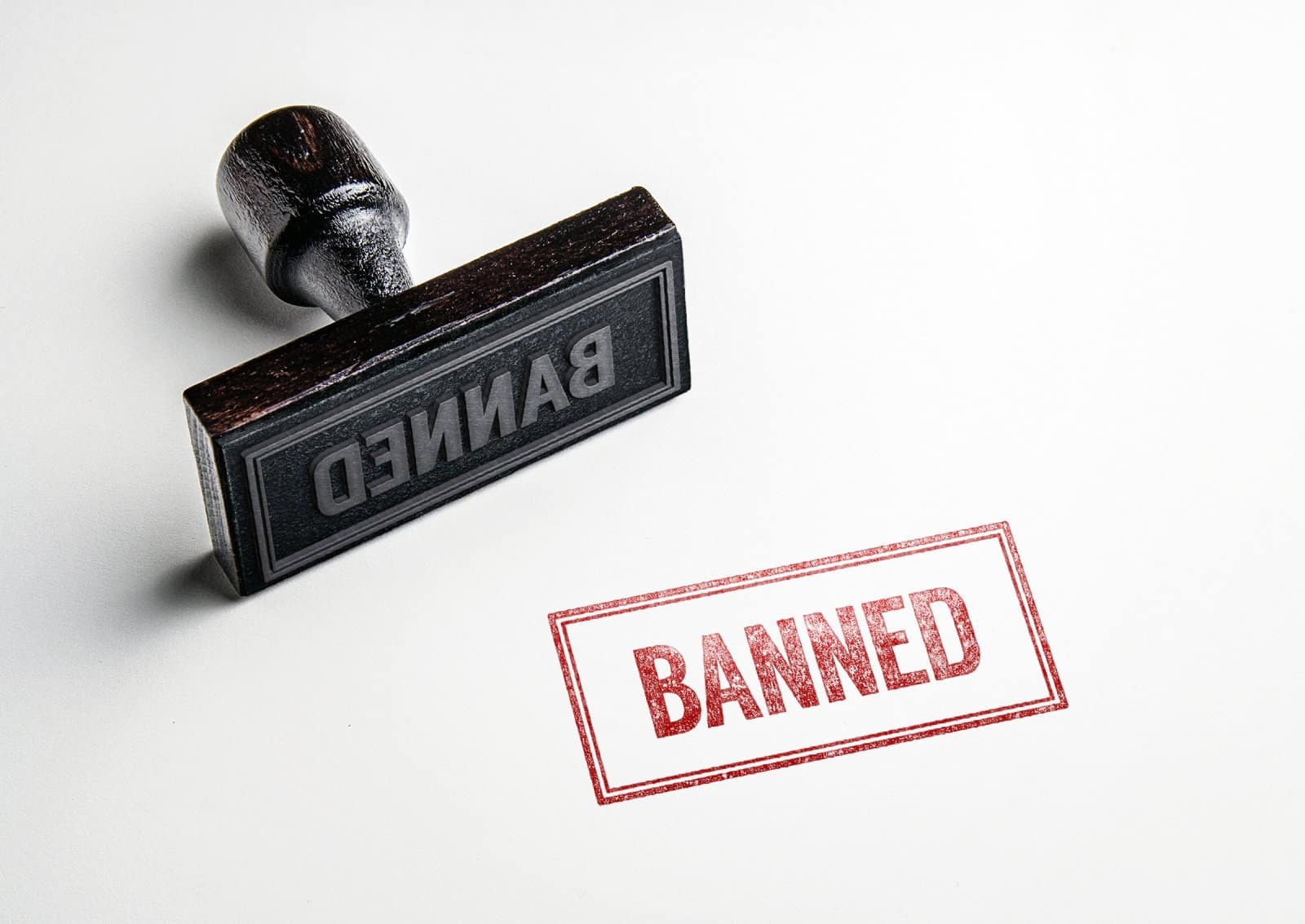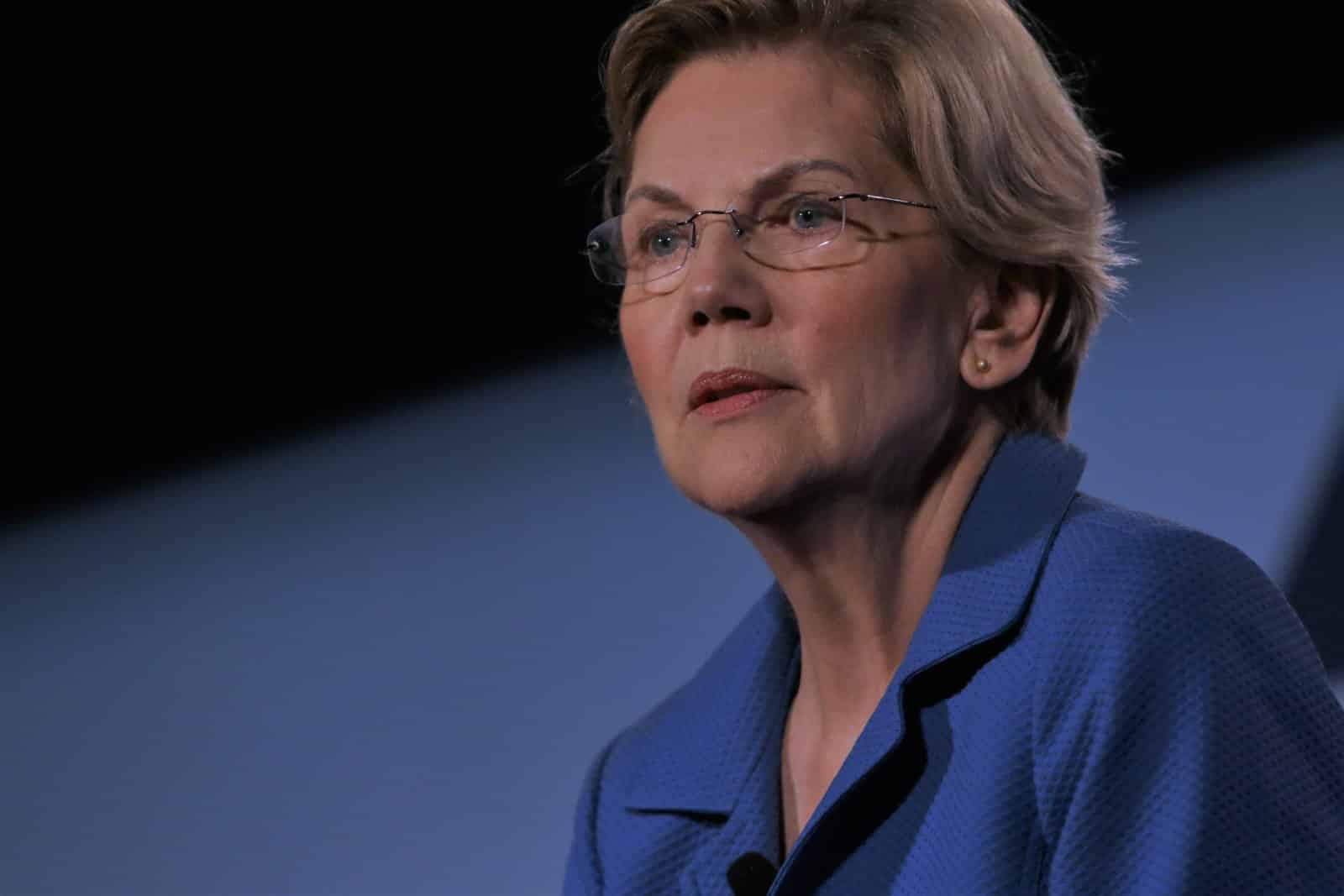The China-based owner of social media giant Tiktok has 165 days to divest, or the app will be banned in the U.S.
TikTok Bill

The United States House of Representatives passed a bill on Wednesday forcing the Chinese parent company of Tiktot, ByteDance, to sell its majority stake in the app.
Divest or Be Banned

The company has 165 days to divest from China, or it will be banned completely in the U.S., where it has its largest audience by country. 150 million U.S. residents use the platform as of January 2024.
Overwhelming Approval in the House

The bill was passed by an overwhelming majority at 352 to 65. It is one of the most significant legal steps taken so far in the battle between the U.S. government and the Chinese-owned app.
A Threat to National Security?

This recent move was made on the grounds that TikTok is a threat to U.S. national security. China’s laws require that all data from the app must be shared with officials from the Chinese Communist Party (CCP), though ByteDance has denied sharing any U.S. user data with the CCP.
Tool for Espionage

The House China Select Committee, which was established to deliberate on issues related to strategic competition between the U.S. and China, has claimed that the app is being used as a tool for international espionage and destabilization.
Undermining User Safety

It explained that CCP officials had used ByteDance and, through ByteDance, TikTok to take user data and the algorithm to create influence campaigns for the CCP, as well as using user locations to spy on citizens.
CCP Rejects These Claims

Both the owner ByteDance and the CCP have firmly rejected any claims that Tiktok is being used for political strategy or that it poses any security risks.
Foreign Ministry Speaks

Prior to the bill passing through the House, Chinese foreign ministry spokesperson Wang Wenbin made a public statement warning the U.S. against passing the bill into law.
Condemnation From CCP

They condemned the U.S. government for “suppressing TikTok” despite no evidence that the app “threatens national security.”
Accusations of “Bullying Behaviour”

“This kind of bullying behavior that cannot win in fair competition disrupts companies’ normal business activity, damages the confidence of international investors in the investment environment, and damages the normal international economic and trade order,” he said.
A Warning to the U.S.

He warned, “In the end, this will inevitably come back to bite the United States itself.”
TikTok Makes Plea to Users

The app itself has sent a message urging users to contact their logical representatives and accusing the government of robbing “170 million Americans of their Constitutional right to free speech.”
Select Committee Hits Back

The House China Select Committee responded directly to the company’s plea, accusing TikTok and ByteDance of “spreading false claims in its campaign to manipulate and mobilize American citizens on behalf of the Chinese Communist Party.”
A Bipartisan Issue

The issue of TikTok and its effects on U.S. national security is far from a partisan one. In 2020 the app faced another attempted ban under the Trump administration, which was later blocked in court.
Trump Changes Tack

Despite campaigning to ban the app during his presidency, Trump has recently declared himself against a TikTok ban, claiming it would benefit Facebook too much.
“An Enemy of the People”

“Without TikTok, you can make Facebook bigger, and I consider Facebook to be an enemy of the people,” he told NBC on Monday.
Steady Progress

While the bill’s progress has been swift, with the committee unanimously approving it last week and the House overwhelmingly approving it, its future in the Senate is uncertain.
Senate May Think Otherwise

Some senators are considering other approaches to foreign-owned app regulation beyond outright bans. Senate Commerce Committee chair Maria Cantwell has made it clear that she only wants to pass legislation “that could hold up in court.”
They Should “Apply Across the Board”

Other senators are concerned that the bill will set a precedent for targeting specific companies when certain legislation should be applicable to all companies.
“We need curbs on social media, but we need those curbs to apply across the board,” said Sen. Elizabeth Warren.
Targeting Specific Companies

Sen. Mark Warren has also voiced “some concerns about the constitutionality of an approach that names specific companies.”
21 States Where Squatters Can Legally Claim Your Property

Discover how squatters’ rights, or adverse possession, are more than just legal jargon—they’re stories of unexpected twists in the world of real estate. From sunny California to the historical landscapes of Pennsylvania, here’s how these laws could turn the tables on homeowners and squatters alike. 21 States Where Squatters Can Legally Claim Your Property
14 Things That Are Banned in the U.S. but Totally Fine Elsewhere

Ever feel like America’s rulebook was written by someone with a dartboard? Across the pond or down under, things get even wackier. Let’s take a walk on the wild side of global “Do’s” that are definite “Don’ts” in the Land of the Free. 14 Things That Are Banned in the U.S. but Totally Fine Elsewhere
25 American States Nobody Wants to Visit Anymore

Across the United States, some states capture the hearts and itineraries of many, while others remain quietly on the sidelines, overshadowed or misunderstood. These 25 states, facing what you might call a popularity crisis, are brimming with hidden wonders, cultural riches, and natural beauty, awaiting those willing to look beyond the usual tourist trails. 25 American States Nobody Wants to Visit Anymore
20 Foods That Are Cheaper to Eat Out Than Making at Home

In a world where convenience often wins, certain culinary delights come with a lower price tag when enjoyed at a restaurant rather than crafted in your own kitchen. Here are twenty foods that might save you both time and money when indulged in at your favorite eatery. 20 Foods That Are Cheaper to Eat out Than Making at Home
17 Things You’re Paying For, but You Don’t Have To

In the land of the free, there’s a price tag on everything, but savvy Americans know better than to open their wallets for just anything. Here are 17 expenses you’ve been shelling out for without realizing there’s a cheaper or even free alternative. 17 Things You’re Paying For, but You Don’t Have To
The post 165-Day Countdown: U.S. House Pressures TikTok’s Chinese Owner to Divest first appeared on From Frugal to Free.
Featured Image Credit: Shutterstock / Gorodenkoff.
The content of this article is for informational purposes only and does not constitute or replace professional financial advice.
